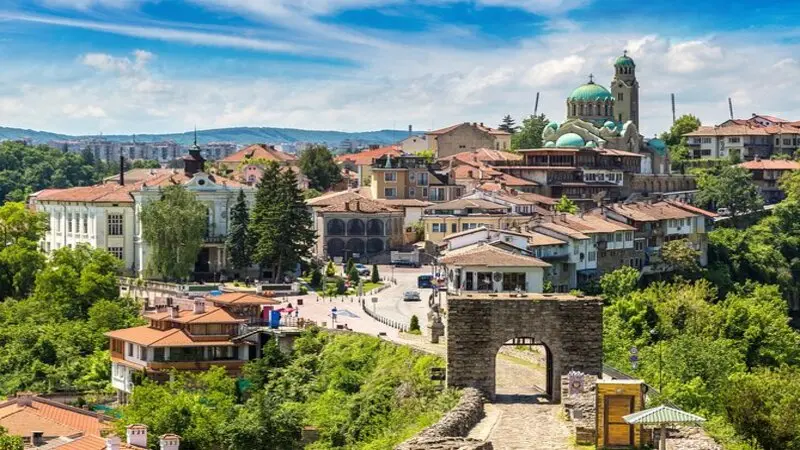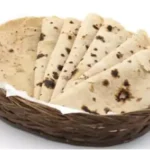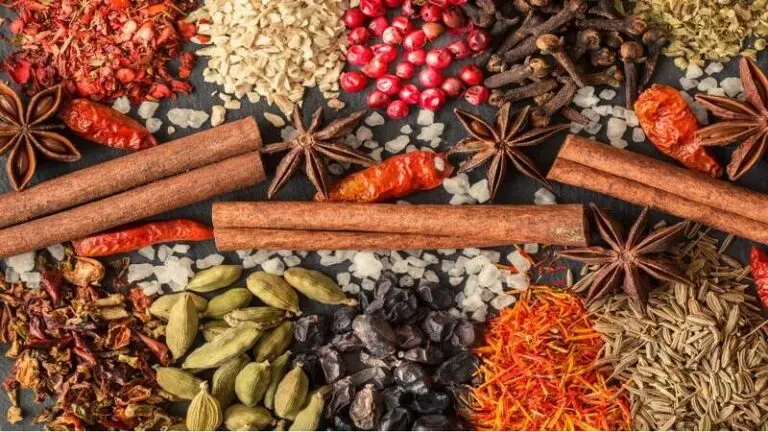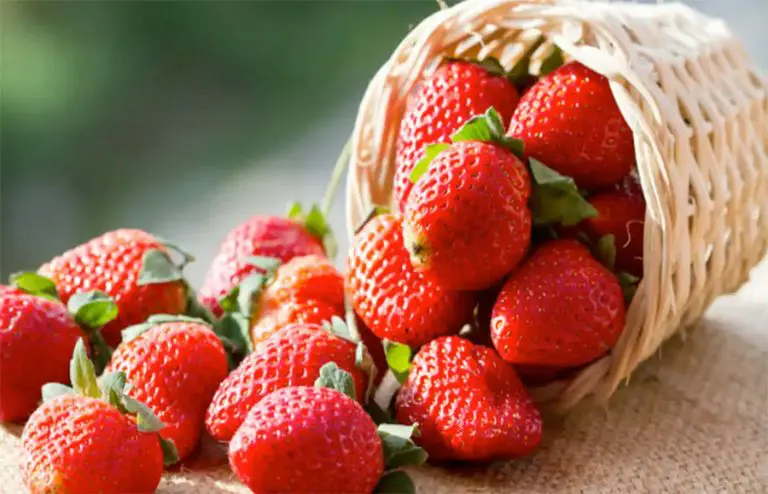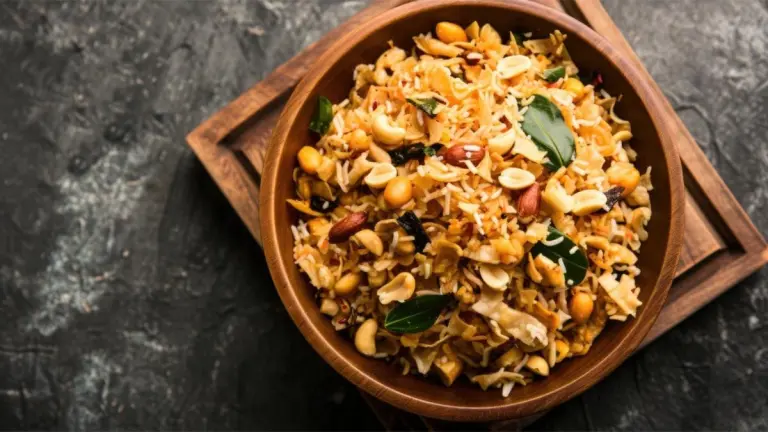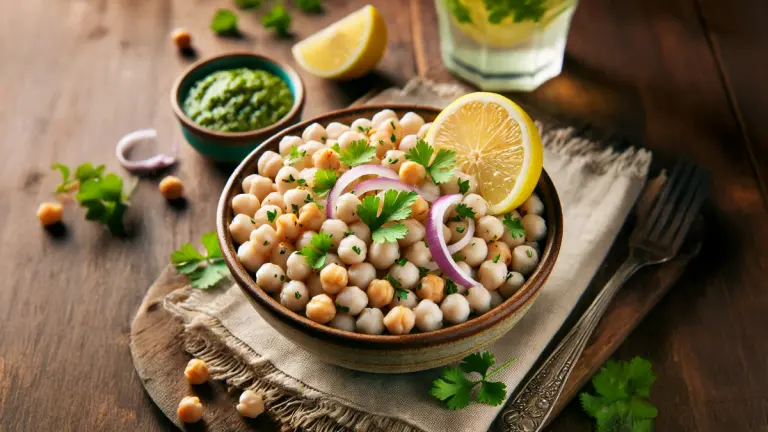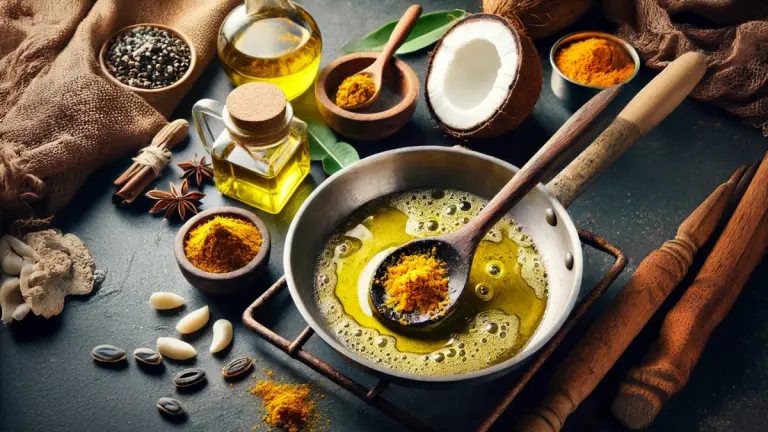Bulgarian cuisine is a delightful fusion of Eastern European, Mediterranean, and Ottoman influences. With its rich flavors, diverse ingredients, and traditional cooking techniques, Bulgarian cuisine reflects the country’s cultural heritage and culinary traditions. From hearty stews and grilled meats to flavorful salads and indulgent pastries, Bulgarian cuisine offers a unique and unforgettable culinary experience.
In this article, we will delve into the essence of Bulgarian cuisine, exploring its signature dishes, key ingredients, and the cultural significance of food in Bulgarian society
Traditional Bulgarian Dishes
a. Shopska Salad: One of the most iconic Bulgarian dishes, the Shopska Salad is a refreshing combination of tomatoes, cucumbers, peppers, onions, and grated white brine cheese. It is typically dressed with sunflower oil and sprinkled with parsley. This vibrant and colorful salad is enjoyed as a starter or a side dish.
b. Banitsa: Banitsa is a traditional pastry made with layers of filo pastry and a filling of eggs, white brine cheese, and sometimes spinach or pumpkin. This baked delight is often eaten for breakfast or as a snack, accompanied by a cup of Bulgarian yogurt.
c. Kavarma: Kavarma is a slow-cooked meat stew made with pork or chicken, onions, peppers, and tomatoes. It is seasoned with herbs and spices and often served in a clay pot for an added rustic touch. Kavarma is a hearty and flavorful dish that showcases Bulgarian culinary traditions.
d. Moussaka: A popular dish in many Balkan countries, Bulgarian moussaka is a layered casserole made with potatoes, minced meat (usually pork or beef), tomatoes, onions, and topped with a creamy egg and yogurt mixture. It is baked to perfection and served hot, often accompanied by a fresh salad.
e. Tarator: Tarator is a refreshing cold soup made with yogurt, cucumber, garlic, dill, and walnuts. It is a popular dish during the hot summer months and offers a tangy and creamy flavor that is perfect for cooling down on a warm day.
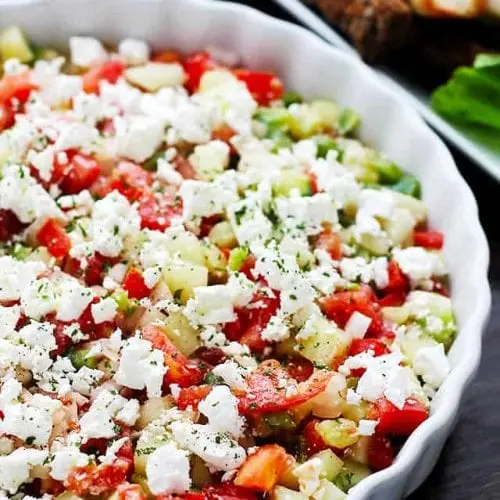
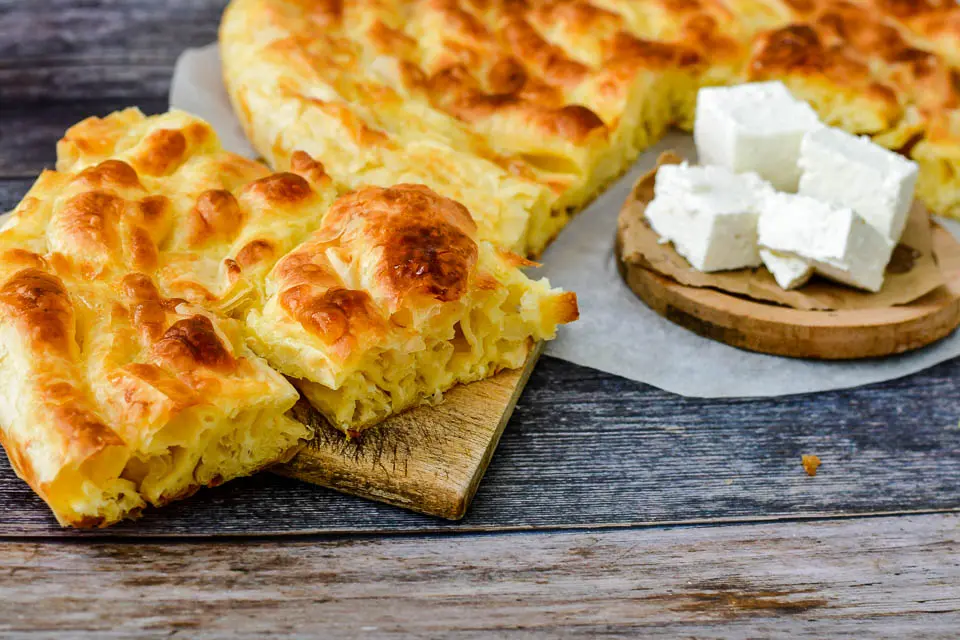
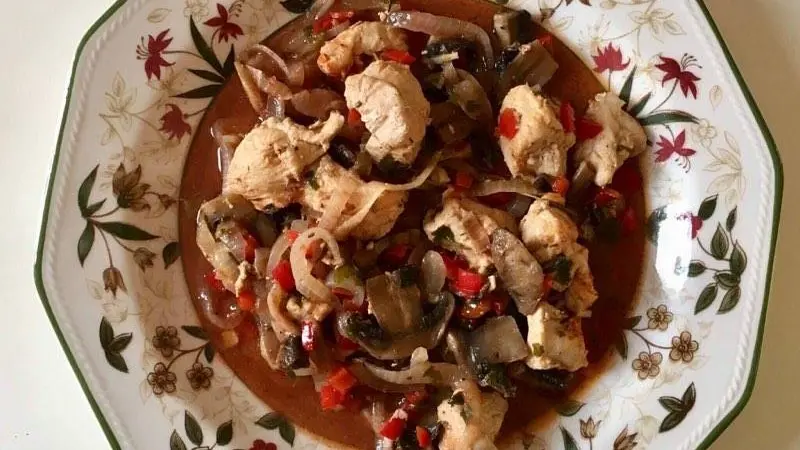
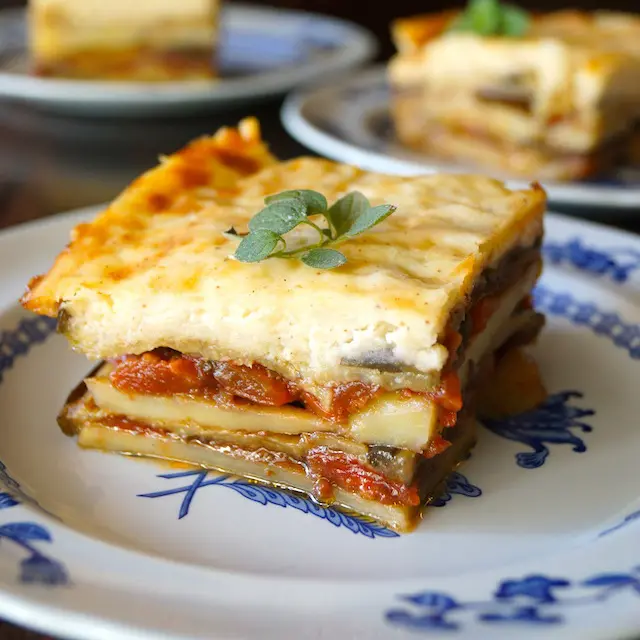
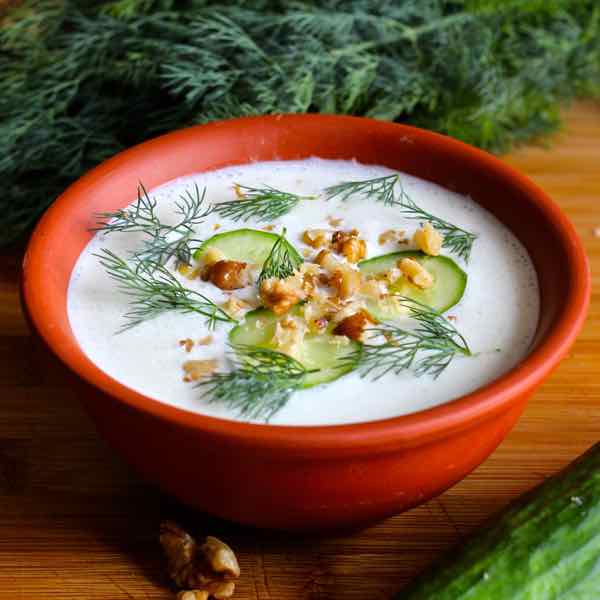
Key Ingredients in Bulgarian Cuisine
a. Yogurt: Bulgarian yogurt is renowned worldwide for its unique taste and health benefits. It is made from a specific strain of bacteria known as Lactobacillus bulgaricus, which gives it its distinct flavor and texture. Yogurt is a staple ingredient in Bulgarian cuisine and is used in various dishes, both savory and sweet.
b. White Brine Cheese: This soft, crumbly cheese is an essential component of Bulgarian cuisine. Made from sheep’s or cow’s milk, white brine cheese is used in salads, pastries, and as a topping for grilled meats. Its salty and tangy flavor adds depth to many traditional Bulgarian dishes.
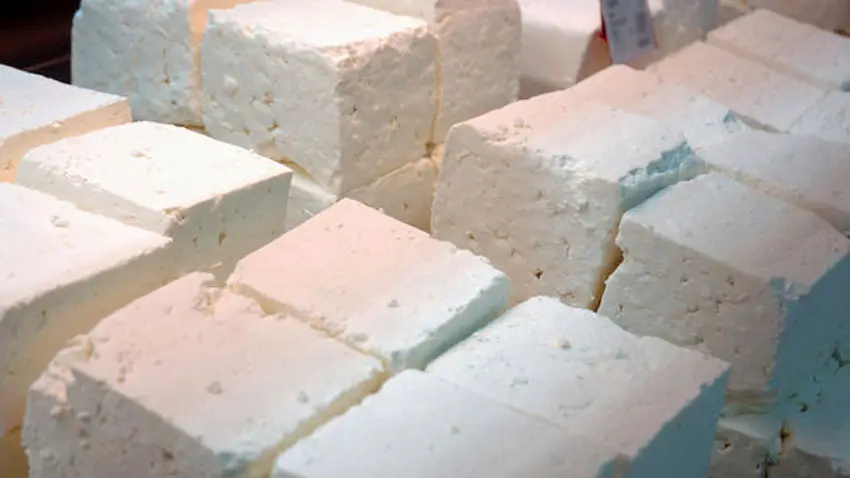
c. Fresh Herbs and Spices: Bulgarian cuisine incorporates an array of herbs and spices, such as parsley, dill, mint, paprika, and cumin. These aromatic ingredients enhance the flavors of dishes and provide a distinct taste that is characteristic of Bulgarian cuisine.
d. Fresh Vegetables: Bulgaria’s fertile land and favorable climate yield an abundance of fresh vegetables, including tomatoes, cucumbers, peppers, eggplants, and beans. These vegetables form the foundation of many traditional dishes, adding vibrant colors and flavors to the cuisine.
e. Pork and Lamb: Pork and lamb are the preferred meats in Bulgarian cuisine. They are commonly used in stews, grilled dishes, and sausages. Bulgarians have a deep-rooted tradition of raising livestock, and the high-quality meat reflects the country’s agricultural heritage.
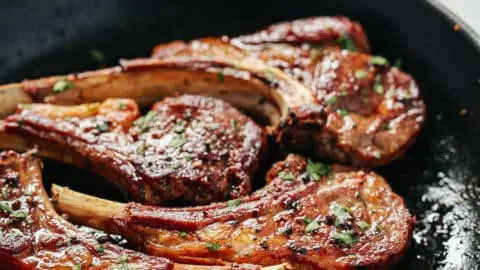
Cultural Significance of Bulgarian Food
Bulgarian cuisine is deeply intertwined with the country’s culture and traditions. Food plays a central role in Bulgarian celebrations, festivals, and family gatherings. Some notable culinary traditions include:
a. Kukeri Festival: The Kukeri Festival, held in late winter, involves participants wearing elaborate masks and costumes and performing traditional rituals to ward off evil spirits. Food and feasting are an essential part of this festival, with traditional dishes like kavarma and banitsa being enjoyed by all.

b. Martenitsa: Martenitsa is a traditional Bulgarian custom celebrated on March 1st, symbolizing the arrival of spring. People exchange red and white threads, often adorned with small figurines, to bring good luck and health. This celebration is often accompanied by the sharing of food and traditional dishes.

c. Rose Festival: The Rose Festival, held in the town of Kazanlak, celebrates the beauty and fragrance of Bulgarian roses. It showcases the country’s rich rose oil production and includes cultural events, music, dance, and, of course, traditional Bulgarian cuisine.

d. Orthodox Christian Festivals: Bulgarian Orthodox Christian festivals, such as Easter and Christmas, are celebrated with special dishes and traditional delicacies. Easter is marked by the baking of Easter bread, dyed eggs, and lamb dishes, while Christmas is associated with banitsa and other festive treats.
Bulgarian cuisine is a reflection of the country’s rich history, cultural diversity, and agricultural heritage. From its hearty stews to fresh salads, and delectable pastries to traditional dairy products, Bulgarian cuisine offers a wide range of flavors and culinary experiences. Exploring Bulgarian cuisine provides a glimpse into the country’s traditions, celebrations, and the importance of food in Bulgarian society. Whether you’re enjoying a hearty kavarma or savoring a refreshing tarator, Bulgarian cuisine is sure to delight your taste buds and leave a lasting impression.

